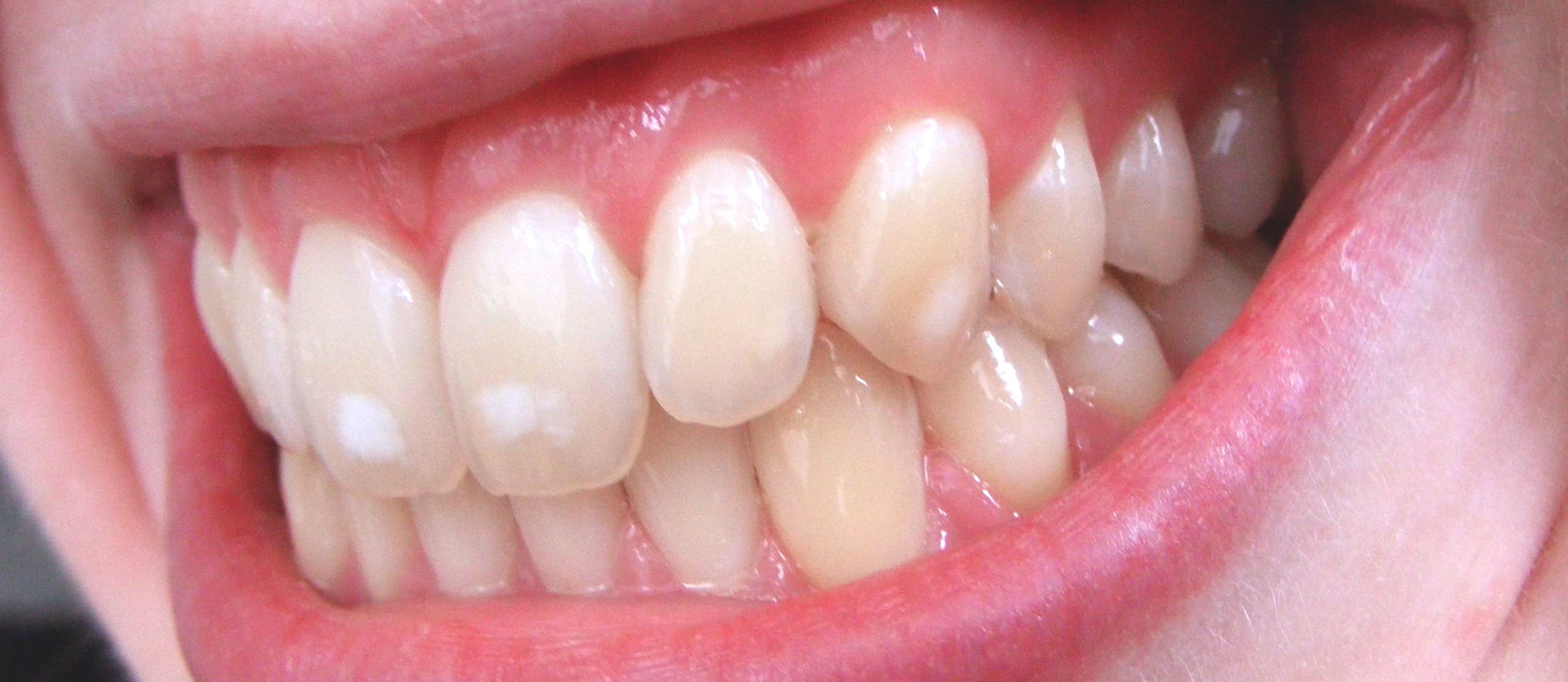If cranberries are so good at keeping bacteria from sticking to the wall of the bladder (see my video Can Cranberry Juice Treat Bladder Infections?), what about keeping bacteria from sticking to other places? There is in vitro research suggesting cranberry phytonutrients may reduce adhesion of H. pylori bacteria in the wall of the stomach, so maybe cranberries should be given along with antibiotics to help eradicate the ulcer-causing bacteria. But hey, what about our teeth?
Dental plaque is bacteria sticking to our teeth, particularly Streptococcus mutans. We’ve known that those with different drinking habits—be they coffee, tea, barley coffee, or wine—have about 10 times less of these plaque bacteria. Since those are all beverages from plants, maybe phytonutrients are fighting back at plaque.
If bacteria cause plaque and cavities, why not just swish with some antibiotic solution? There are downsides to just indiscriminately wiping out bacteria both good and bad, as I detailed in my Don’t Use Antiseptic Mouthwash video. So maybe it would be better if we just stop the bad bugs from sticking to our teeth.
There is some evidence that cranberries might affect the adhesion of bacteria to fake teeth in a petri dish, but nothing yet definitive. Green tea also appears to help prevent cavities, but that may be because of its natural fluoride content in the tea plant.
During the tooth development years, up to about age 9, children exposed to too much fluoride can develop dental fluorosis, a mottled discoloration of the teeth. It’s just a cosmetic issue and usually just manifests as faint white spots, but it’s the main reason the EPA is reconsidering current tap water fluoridation levels. If you watch my 3-min video Childhood Tea Drinking May Increase Fluorosis Risk, you’ll see that herbal teas are fine–about 100 fold under the limit–but caffeinated teas exceed the suggested limit, and decaf teas exceed the mandatory limit. Those limits are for tap water, though, so tea drinking would only pose much of a risk if drank all day long as one’s primary beverage. Kids who primarily drink non-herbal tea as a source of hydration would be at risk for dental fluorosis.
What may be the best source of hydration for kids? Might tea also cause dehydration? Find the answers to these beverage-related questions in my videos Does a Drink of Water Make Children Smarter? and Is Caffeinated Tea Dehydrating?
What about all those folks that say fluoride is a poison to be avoided at all costs? I offer my brief two cents in the Q&A The Dangers of Fluoride? There are elements for which there is no safe level of exposure, though. I explore a few in my video Fukushima and Radioactivity in Seafood.
Beyond cosmetic issues, what should we eat and drink to keep our mouth healthy? See my videos Plant-Based Diets: Oral Health and Plant-Based Diets: Dental Health.
-Michael Greger, M.D.
PS: If you haven’t yet, you can subscribe to my videos for free by clicking here and watch my full 2012 – 2015 presentations Uprooting the Leading Causes of Death, More than an Apple a Day, From Table to Able, and Food as Medicine.
